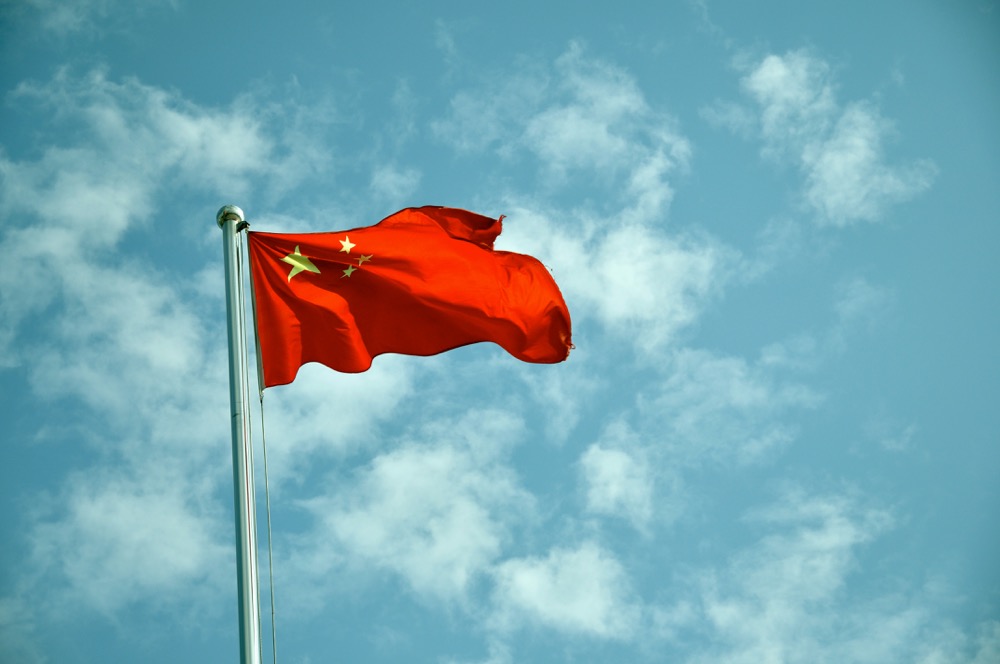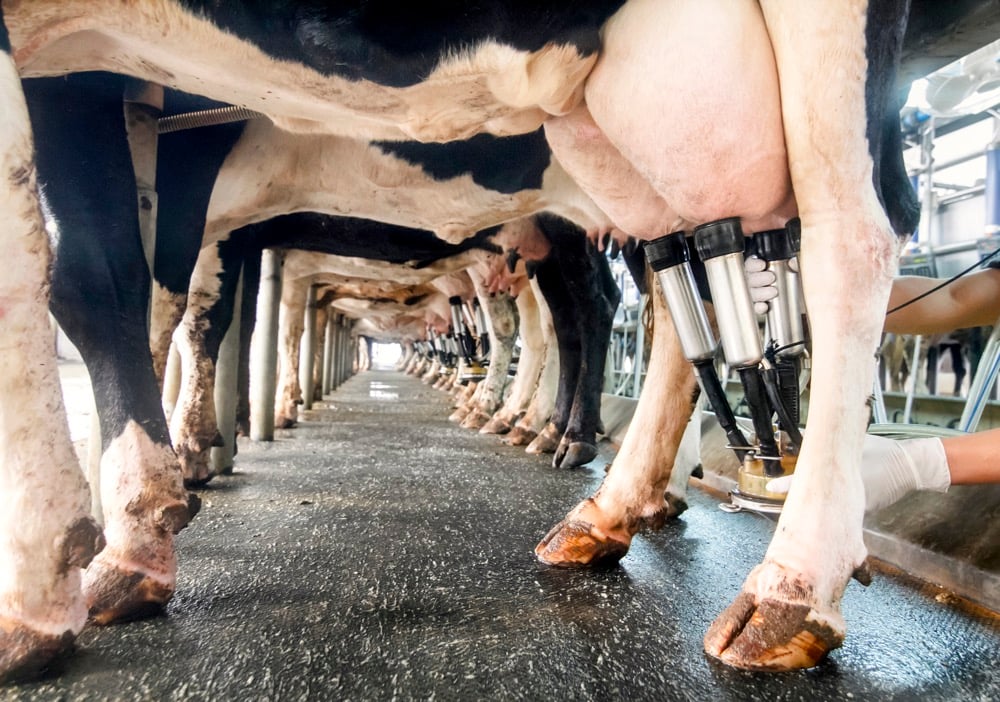EV tariffs raise Chinese retaliation worries

Glacier FarmMedia—The Canadian Agri-Food Trade Alliance is closely monitoring China’s response to a new round of Canadian tariffs.
“Anything that could be perceived as an irritant to China obviously puts agri-food or anything else potentially in the crosshairs because we’ve seen it before,” said CAFTA president Greg Northey.
Canada is levying a 100 per cent surtax on all Chinese-made electric vehicles effective Oct. 1, 2024.
It will also be applying a 25 per cent surtax on imports of steel and aluminum products from China, effective Oct. 15, 2024.
Read Also


US tests for bird flu in California dairy cattle
The U.S. Department of Agriculture is testing to confirm possible cases of bird flu in dairy cattle in California, the nation’s biggest milk-producing state, USDA said on Friday.
“Actors like China have chosen to give themselves an unfair advantage in the global marketplace, compromising the security of our critical industries and displacing dedicated Canadian auto and metal workers,” said Prime Minister Justin Trudeau.
“So, we’re taking action to address that.”
The fear is that China may respond with retaliatory tariffs or other trade-restricting measures applied to some Canadian agri-food exports.
Canada shipped US$7.24 billion of agri-food and seafood products to China in 2022, according to a recent report published by Agriculture Canada.
Canola led the way with $1.65 billion in sales, followed by non-durum wheat at $858 million and canola meal at $696 million.
Peas, soybeans, barley, canola oil and frozen bone-in pork were the other big ag exports that year.
Northey said CAFTA is one of many organizations that were asked by Ottawa to comment on the tariff proposal prior to implementation.
“Our comment was that whenever Canada is going to do something like this, we need to be rules-based,” he said.
“We’re not in the same realm as the U.S. where we can sort of unilaterally decide tariff treatments for other countries. Our bedrock needs to be rooted in rules-based trade.”
However, China claims the exact opposite is occurring. The Chinese Commerce Ministry said in a statement that it is “strongly dissatisfied” with Canada’s actions, saying that the country “blatantly violated WTO rules.”
The ministry urged Canada to “correct its wrong practices” and said Beijing would take any necessary measures to defend the rights of Chinese companies, according to a story published by ABC News.
China vowed retribution against the United States for announcing similar measures a few months earlier, but it has yet to follow through with that threat.
China’s pork companies asked for an anti-subsidy and anti-dumping investigation into the European pork and dairy industries shortly after the European Union announced tariffs of 17.4 to 37.6 per cent on individual Chinese EV makers.
Some economists think it is inevitable that China will retaliate against Canada as well.
Dean Roberts, director of the Canadian Canola Growers Association and a farmer from Coleville, Sask., isn’t losing sleep over the possibility of Chinese retribution.
“The focus is getting the crop off right now,” he said.
“That’s really where my mind is at.”
Roberts said China’s canola restrictions of a few years ago are still fresh in his mind.
“But do past events predict the future? Well, not always,” he said.
He is referring to March 6, 2019, when China suddenly blocked shipments of Canadian canola from Richardson International and Viterra.
Canada’s canola exports to China immediately plunged to about half their normal volumes for a period of four years.
China claimed the ban was due to phytosanitary concerns, but canola industry officials contend it was retaliation for Canada detaining Huawei chief financial officer Meng Wanzhou.
The restrictions were lifted on May 18, 2022, shortly after Canada dropped its extradition proceedings against Meng.
Roberts said most of the crops he grows have faced some type of challenge in recent years.
“You can manage through things, but unpredictability in these times is the worry,” he said.
“It’s not specific issues, it’s the whole broader uncertainty.”
Roberts is already making seeding decisions about the 2025 crop. How China responds to the tariffs ranks low on his list of things to consider. He is far more concerned about the market price for canola with nearby futures “tickling” $600 per tonne.
“In the brown soil zone, that’s not a great number for me for canola for the yields I get,” he said.
In the meantime, he won’t be devoting any mental energy to monitoring Canada’s latest trade dispute with China.
“If it’s not related to reading the five different weather apps on my phone or phoning Pattison or Claas for service to get machines turning, I really haven’t looked at it,” said Roberts.
Source: Farmtario.com

